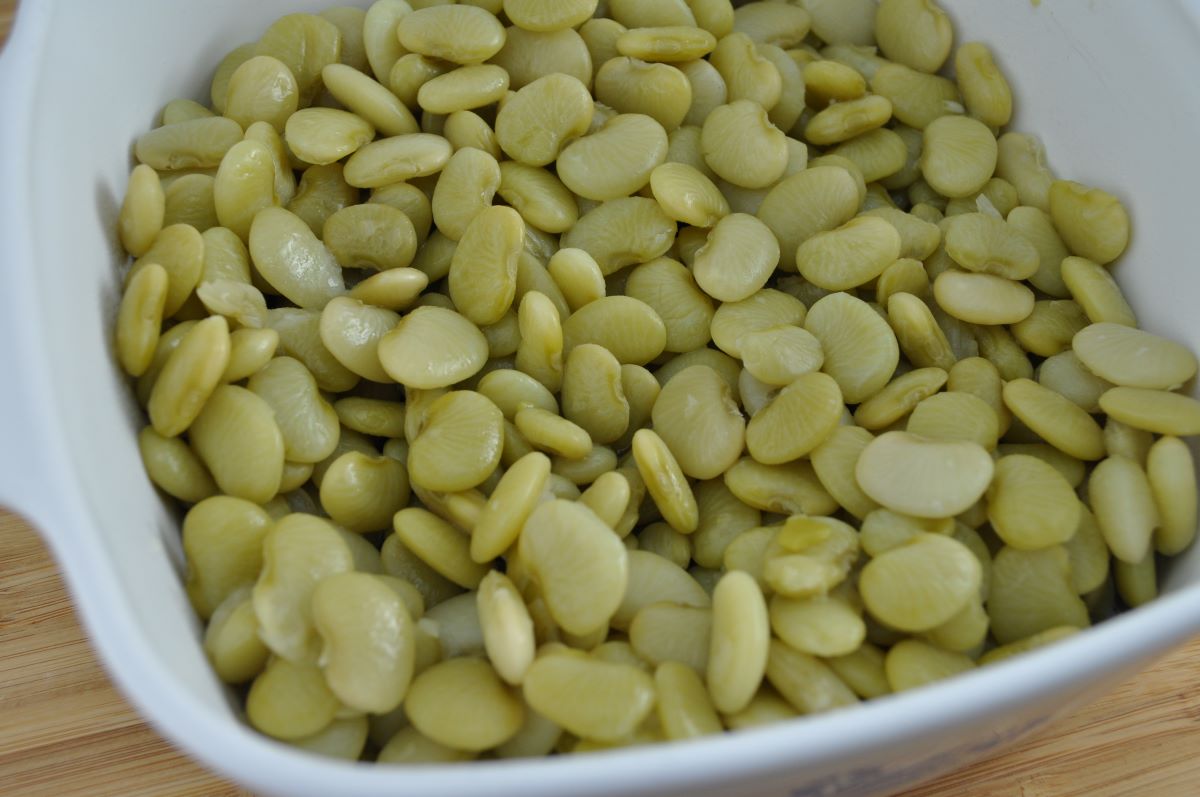Health Benefits of Lima Beans
What are the health benefits of lima beans?
Lima beans, also known as butter beans, are highly nutritious and offer several health benefits:
- Rich in Fiber: Lima beans are an excellent source of dietary fiber, which can help promote digestive health, prevent constipation, and support overall gut health.
- Good Source of Protein: Lima beans are a good plant-based source of protein, which is essential for building and repairing tissues in the body.
- High in Antioxidants: Lima beans contain antioxidants such as flavonoids, which can help protect cells from damage caused by free radicals and reduce the risk of chronic diseases.
- Heart Health: The fiber, potassium, and folate in lima beans can help support heart health by lowering cholesterol levels, regulating blood pressure, and reducing the risk of heart disease.
- Blood Sugar Control: The fiber and protein in lima beans can help regulate blood sugar levels, making them a good choice for people with diabetes or those looking to manage their blood sugar levels.
- Weight Management: The fiber and protein in lima beans can help promote satiety and reduce overall calorie intake, which may aid in weight management.
- Bone Health: Lima beans are a good source of calcium, magnesium, and phosphorus, which are important minerals for bone health and strength.
- Rich in Vitamins and Minerals: Lima beans are a good source of several vitamins and minerals, including iron, potassium, magnesium, and folate, which are essential for overall health and well-being.
It’s important to note that while lima beans offer many health benefits, they should be consumed as part of a balanced diet and in moderation, as excessive consumption may lead to digestive issues for some individuals.
What are the health risks of lima beans?
While lima beans are generally considered safe for most people when consumed as part of a balanced diet, there are some potential health risks associated with their consumption:
- Digestive Issues: Lima beans contain a type of carbohydrate called oligosaccharides, which can be difficult for some people to digest. This can lead to gas, bloating, and other digestive discomforts.
- Allergic Reactions: Some individuals may be allergic to lima beans, which can cause symptoms such as hives, itching, swelling, and difficulty breathing. People with legume allergies should avoid lima beans.
- Antinutrients: Lima beans contain antinutrients such as phytic acid and lectins, which can interfere with the absorption of minerals like iron and zinc. However, soaking, cooking, and sprouting lima beans can help reduce the levels of these antinutrients.
- G6PD Deficiency: People with glucose-6-phosphate dehydrogenase (G6PD) deficiency should avoid eating fava beans, as they can trigger a severe reaction called hemolytic anemia. While lima beans are not fava beans, some caution is advised for those with G6PD deficiency.
- Purine Content: Lima beans are moderate in purines, which are substances that can be broken down into uric acid in the body. High levels of uric acid can contribute to the development of gout in susceptible individuals.
- Interaction with Medications: Lima beans contain vitamin K, which can interfere with blood-thinning medications like warfarin. If you are taking such medications, it’s important to monitor your vitamin K intake and consult with your healthcare provider.
Overall, lima beans are a nutritious addition to a balanced diet for most people. However, individuals with specific health conditions or allergies should consult with a healthcare provider before including them in their diet.




